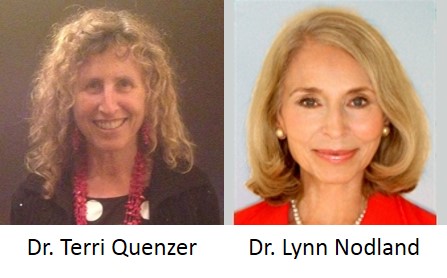I’d like to tell you a little about the Susan G. Komen story. And to be clear, while Susan G. Komen for the Cure has helped many women facing breast cancer, I still believe that prevention through eating a whole, plant-based diet is the absolute best weapon we have to fight breast cancer.
Susan G. Komen was a woman who fought breast cancer with her heart, body and soul. Throughout her diagnosis, treatments, and endless days in the hospital, she spent her time thinking of ways to make life better for other women battling breast cancer instead of worrying about her own situation. Moved by Susan’s compassion for others and committed to making a difference, Nancy G. Brinker promised her sister that she would do everything in her power to end breast cancer forever. That promise is now Susan G. Komen for the Cure, having invested nearly $1.5 billion since inception in 1982. They are now the largest source of nonprofit funds dedicated to the fight against breast cancer in the world.
Komen for the Cure has contributed to some real victories around breast cancer:
- More early detection – nearly 75 percent of women over 40 years old now receive regular mammograms, the single most effective tool for detecting breast cancer early (in 1982, less than 30 percent received a clinical exam).
- More hope – the five-year survival rate for breast cancer, when caught early before it spreads beyond the breast, is now 98 percent (compared to 74 percent in 1982).
- More research – the federal government now devotes more than $900 million each year to breast cancer research, treatment and prevention (compared to $30 million in 1982).
- More survivors – America’s 2.5 million breast cancers survivors, the largest group of cancer survivors in the U.S., are a living testament to the power of society and science to save lives.
While these are all real victories in the fight against breast cancer, the biggest victory of all would be to never even get the disease. We know that can be done by consuming a whole, plant-based diet. Dr. Campbell found compelling evidence from doing The China Project, which many consider to be the definitive epidemiological study of the relationship between diet and disease.
My challenge to you is to simply add one whole plant-based food to your daily diet and at the same time, remove one food that is high in fat, or better yet, animal-based.
It could be as simple as adding a piece of your favorite fruit (apple, banana, strawberries, blueberries, etc.) or vegetable (try some baby carrots or have a fresh green salad with dinner). Skip that bag of chips with lunch and instead go for a side salad or some crisp celery. Try using nut, soy, or rice milk over your cereal instead of cow’s milk.
After you’ve done that for a week or so, do it again with something else. If you continue to add more whole plant-based foods while removing the high-risk foods, before you know it, you will be consuming significantly more whole plant-based foods and making your body that much healthier!
What substitutions could you make?



 RSS Feed
RSS Feed